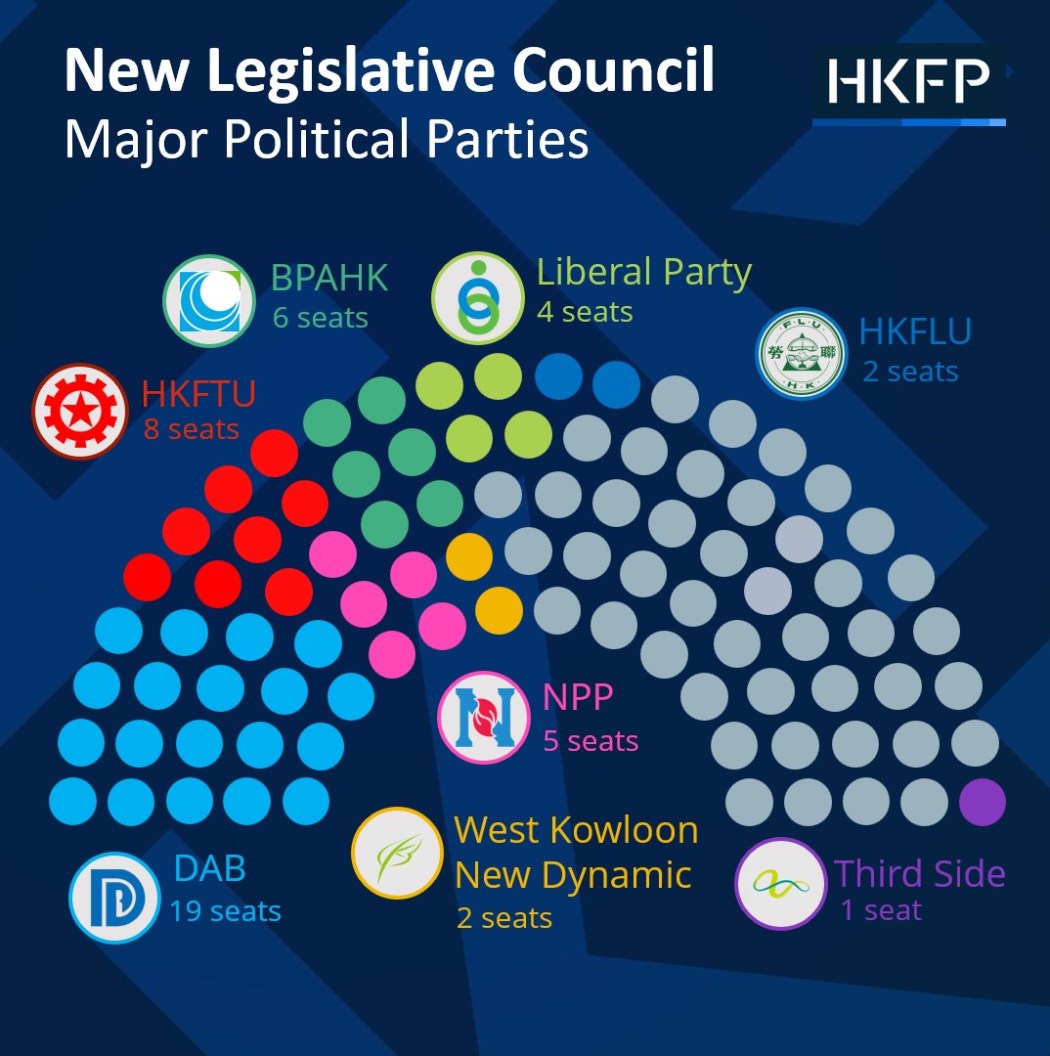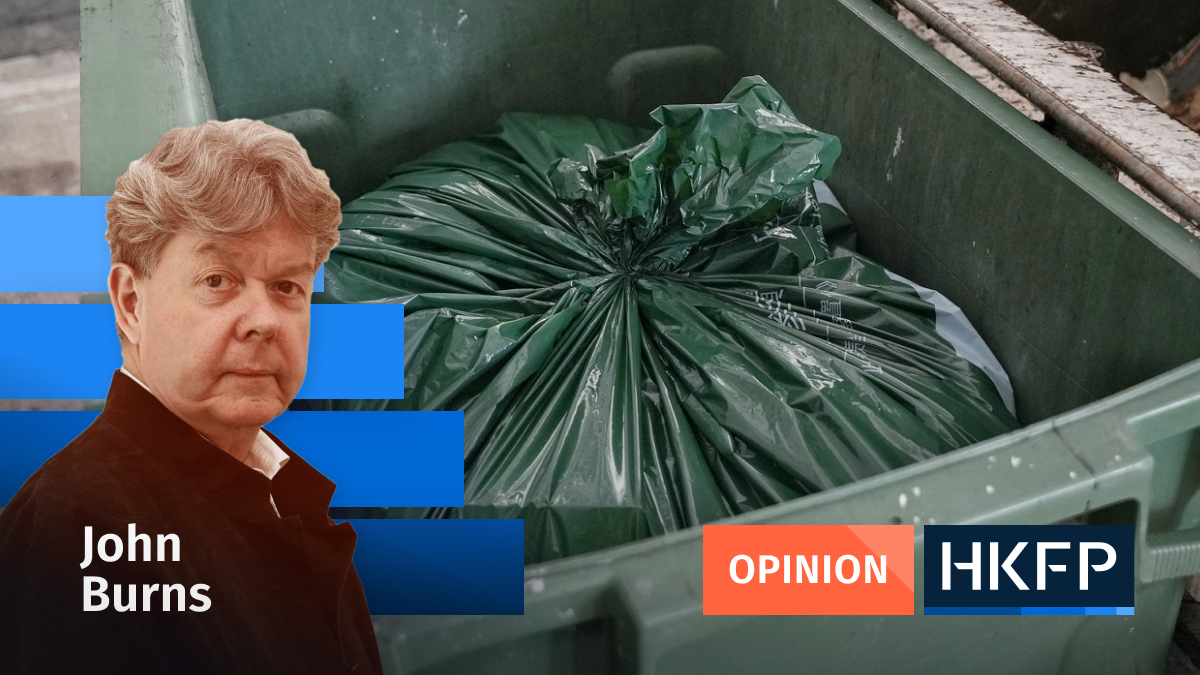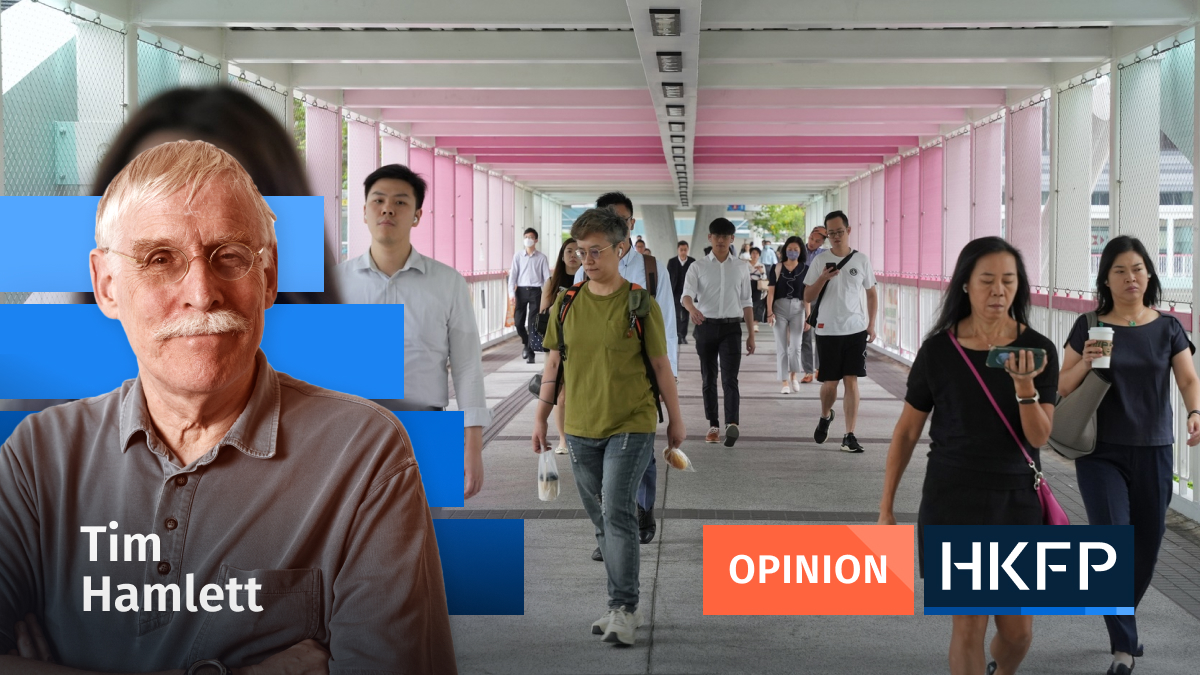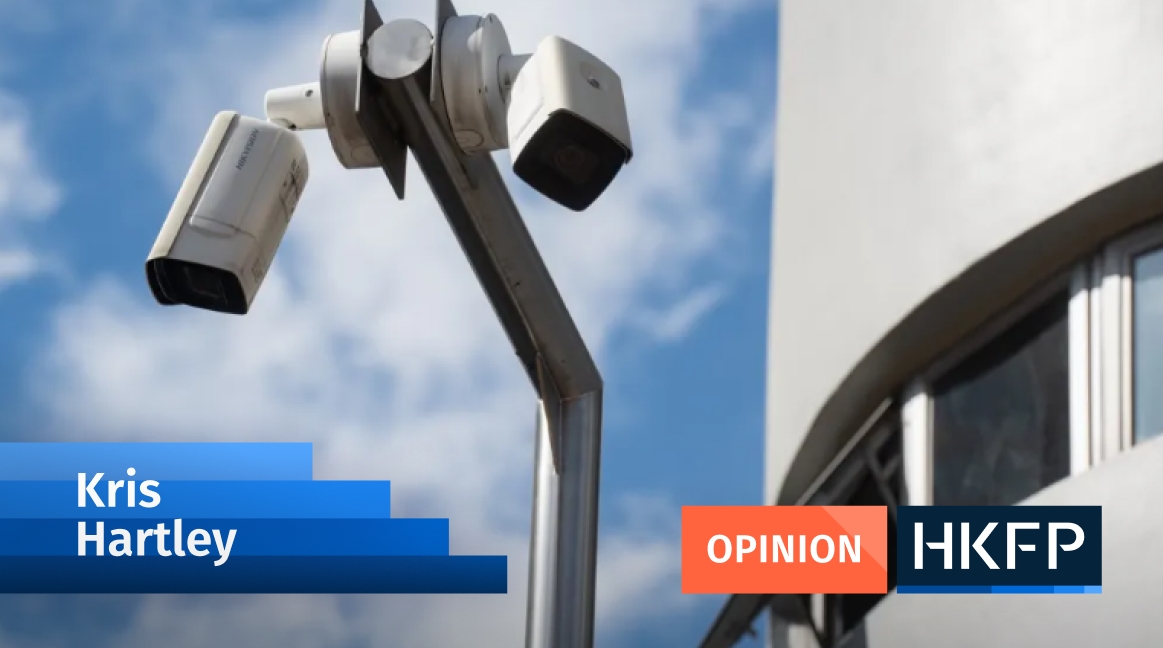Last Sunday, Hongkongers went to the polls to elect a new Legislative Council (Legco). Seventy percent of the population thought voting in this election was not worth their time. The election has produced a Legislative Council composed of local elites, identified by the Chinese Communist Party as sufficiently patriotic to govern Hong Kong.
The party vetted the candidates and put them in appropriate subsectors and constituencies to achieve the desired outcome: a legislature that supports the government and that might produce more effective governance for Hong Kong. I say “might” because it also “might not.”

Consider the composition of the new Legco. Party managed Election Committee subsectors chose 40 Legco members, mostly from business and the professions with close ties to the mainland. Functional constituencies, occupation based, chose 30 Legco members, also mostly from business and the professions.
The less than 30% of the electorate who submitted valid ballots chose 20 Legco members in elections carefully curated by the CCP.
The new-look Legco has cut back its relationship to the population of Hong Kong. Previously, voters returned 35 seats in a 70 seat Legco. Together with the government’s dismantling of the district councils in 2020, our government has lost valuable ties to the community.
Among the 90 new members of Legco are 19 DAB members, 8 HKFTU members, and 5 New People’s Party members. These groups arguably have the most experience of direct elections and are the most closely rooted in the community. The Business and Professional Alliance and the Liberal Party, together holding 10 seats, are less based on community organising, drawing their support from the over-represented business and professional groups in society.

The DAB, FTU, and NPP, numbering 32 out of 90 seats (35.6%) are district organisers, with their ear to the ground, taking the pulse at least of their supporters, numbering probably less than a majority of the community.
District council members, whether pan-dems or pro-establishment, established offices in the community and liaised with the public, solving problems, making representations to government, and linking the authorities to the community. This is an incredibly valuable function, that our new political system has shredded.
Hongkongers cannot depend on Liaison Office visits to carefully chosen grassroots families to express their views. Nor can we depend on the Liaison Office nudging our tycoons to spend a few hours on the street handing out brochures.
The truth is that most of the new Legco members do not have networks beyond their social class and their narrow circle of business and professional chums.

So what to do? One answer comes from the central government. In its global propaganda battle with the West, the CCP has produced a new White Paper on democracy in Hong Kong. For me, the most important section comes in Section 6(3), democracy in line with Hong Kong’s realities, especially the notion that democracy should be promoted in many forms.
We should take this subsection seriously. First, the subsection admits that direct elections may play some role in Hong Kong, but that what matters is expanding public representation that faithfully represents ‘the fundamental interests and the common will of the people.’
In this view, our 2021 elections have expanded public representation, by in the words of Lau Siu-kai, bringing in new elites, politically unaffiliated, who have ‘proven socioeconomic achievements, professional and administrative experience, and recognised social status.’ We should put our faith in these elites, Lau tells us.
Lau reassures us that only a minority of our new Legco specialise in ‘politics’. Lau informs us that this minority in the old-look Legco occasionally ‘pretended’ to be critical of the government to win votes, ‘even occasionally deny[ing] …their support [to the government] to appease their constituencies and the public’. In a system that also requires Legco to hold the government to account, this is not reassuring.

We should be lauding this minority’s ties to the community, not ridiculing, and condemning them. Only this minority in the new-look Legco has deep ties to the community. Reducing this sort of public representation, as do the electoral system changes, prioritises executive-legislative harmony at the expense of understanding public needs and expectations on the ground.
Stability requires that authorities cater to public needs and expectations, not leave them to be managed by spin doctors.
The White Paper presumes that only the CCP understands the ‘fundamental interests and common will of the people’. This notion that the leadership core is all knowing, all seeing, and the fount of all wisdom, is dangerous.
We have seen with out own eyes that our own leadership core (the Chief Executive) is anything but. Witness the 2019 chaos brought to Hong Kong by our leadership core.

To further develop democracy in Hong Kong, the White Paper lays out additional measures: improving our electoral system (more elites and less ‘political’ specialists?) and relying on ‘other forms of democracy – consultation (xieshang), providing advice (zixun), hearings (tingzheng), and dialogue (duihua)’.
These processes come with their own historical baggage and are not ‘forms of democracy’. First, consultation in Hong Kong has a long and mostly negative history as a process designed to sell government policy to the public.
Although the government may ask the public what it thinks of a particular policy, government is not committed to changing its policy to accommodate public views. Nor should they, if the consultation process is captured by vested interests as it often is.
Second, Hong Kong does have an extensive advisory committee system, some argue to make up for our democracy deficit. Government appoints all advisory committee members and listens to and acts on their advice as it sees fit.
Advisory committee members are drawn from a narrow range of elites, presumably now focused on the party-identified patriots on the Election Committee.
Third, Hong Kong’s system of hearings (Hong Kong officialese uses lingting, meaning ‘to listen carefully and respectfully’) also comes with baggage. Witness the hearings of the Town Planning Board, which research has shown advantages large property developers, our tycoons (Yu & Hui, 2017).

Finally, dialogue raises a host of questions. As a component of democracy should dialogue be held in public (remember Carrie Lam’s dialogues with students in 2014 and the public in 2019) or behind closed doors? Motives matter: are participants committed to solving problems or seeking PR?
Taken together the White Paper’s ‘other’ forms of democracy, if properly conducted, are important tools for engaging the public. The ‘other’ forms cannot replace, however, people being masters of their own house, which requires that they have the capacity to change their leaders.
This, after all, is the essence of democracy. Elections, however imperfect, serve this important purpose.
We come back to our new-look Legco, flawed by its weak links to the community. We should not underestimate the importance of ‘politics’, which at its base requires understanding public needs and expectations on the ground.
Support HKFP | Policies & Ethics | Error/typo? | Contact Us | Newsletter | Transparency & Annual Report | Apps
| HKFP is an impartial platform & does not necessarily share the views of opinion writers or advertisers. HKFP presents a diversity of views & regularly invites figures across the political spectrum to write for us. Press freedom is guaranteed under the Basic Law, security law, Bill of Rights and Chinese constitution. Opinion pieces aim to point out errors or defects in the government, law or policies, or aim to suggest ideas or alterations via legal means without an intention of hatred, discontent or hostility against the authorities or other communities. |
Help safeguard press freedom & keep HKFP free for all readers by supporting our team

More HKFP OPINION:
HKFP has an impartial stance, transparent funding, and balanced coverage guided by an Ethics Code and Corrections Policy.
Support press freedom & help us surpass 1,000 monthly Patrons: 100% independent, governed by an ethics code & not-for-profit.










